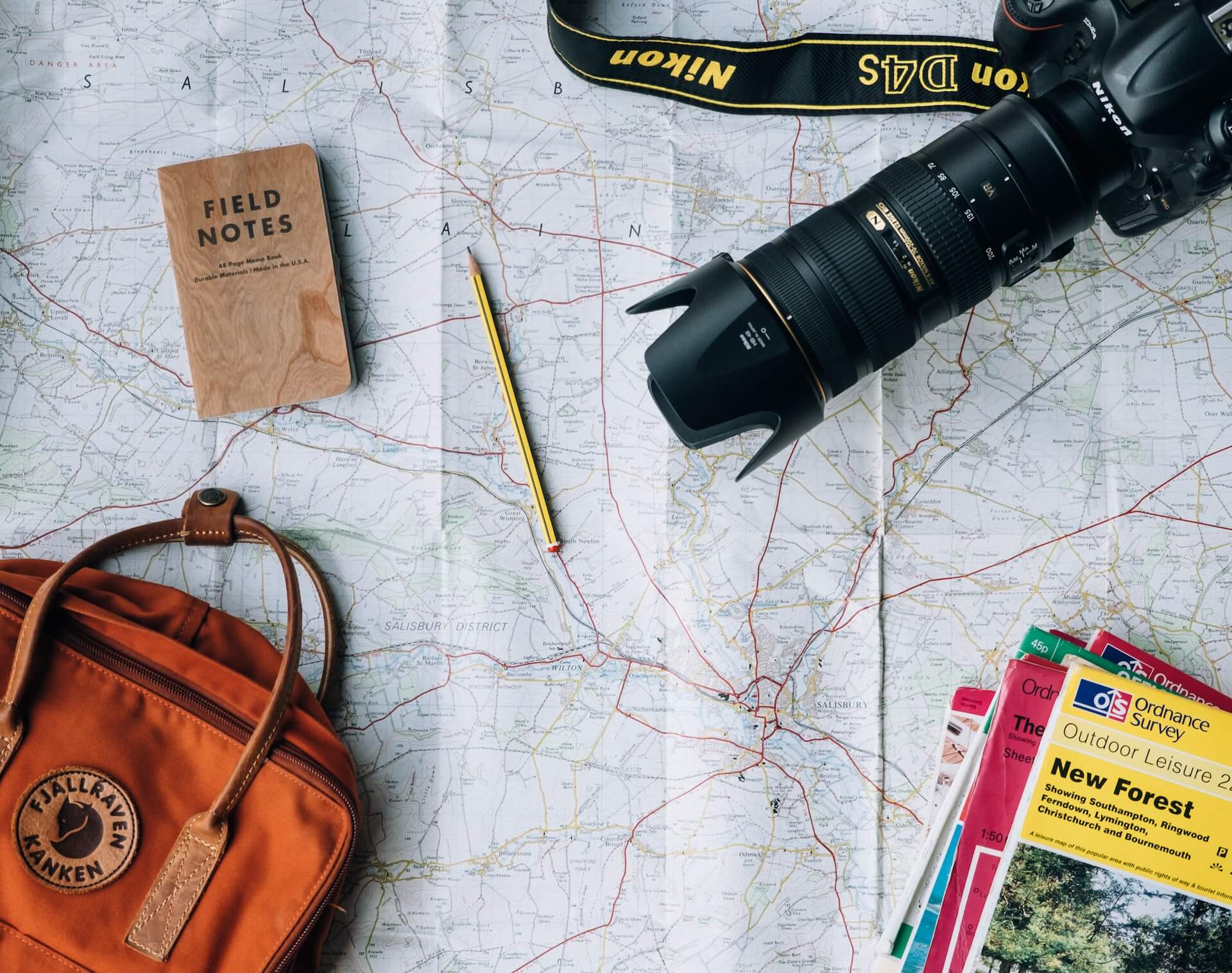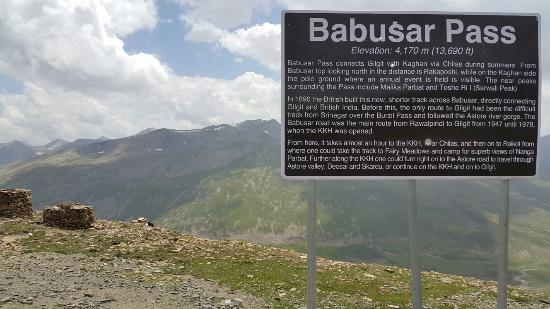Unfortunately, bad things can happen to good travellers. There are certainly some worst-case scenarios that can arise when travelling that could spin your whole adventure off course, but more often than not, these don’t happen, and there should be some comfort in that. That doesn’t mean that you can’t plan for these events just in case they do happen to you. Damage control will help you get back on your feet if these events do happen. This article will go through some of the worst-case scenarios that can arise and how to prepare for the worst. Preparation is key in many things in life, and this is the same when travelling. Sometimes, you simply don’t have time to do all of the work suggested, but the best thing you should do is write down the number and website of your local embassy as they can help you with many different things such as help you replace a stolen passport.
What is the worst that can happen when travelling
There are many worst-case scenarios, but what does it mean to prepare for them? What is the worst that can happen? Basically, the worst-case scenario is the worst thing that can happen that will in turn prevent you from enjoying your travels and prevent you from coming home. At the end of the day, if something can go wrong, it will, so it is important to prepare. Unfortunately, there are a lot of things that can go wrong. For example, you could lose your passport, be a victim of a crime or in some countries, you could even be kidnapped, so it’s best to prepare in advance for all these scenarios no matter how unlikely they are to happen.
We can’t stop bad things from happening, but we can certainly prepare for them just in case. Here are some of the worst-case scenarios that could happen and how to prepare for them and remedy them.
You get in an accident in the rental car
You are in South Africa and you are driving down a dark motorway, you then see an elephant on the road out of nowhere. You break and it is too late, crash…
How To Deal With This Worst-Case Scenario:
Before you leave the lot where you pick up your rental car, ask questions about what you do in the event of a crash. Many rental companies have an emergency number specifically for this. Having a crash in a foreign country, it could be extremely confusing and scary. The police may not speak your language, and worse, the person you crashed into may not speak your language either. It is best to read the handbook and all the rules and regulations before you drive off the lot. The first thing you need to do is file a police report as you will need this for insurance purposes. The next thing you should do is get in touch with your insurer as they may have you covered for such an event, if not, your credit card might. Follow the instructions to file the claim.
Tips on how to avoid this scenario:
Learn about local road rules prior to your travel and get to understand them. You can do this by visiting that country’s national transport authority website. If you are renting a car in a European country, ask the car rental company for advice on the roads, and ask if there are any unusual rules that you should know before you drive. For example, in some countries, left-turning traffic has to give way to right-turning traffic. It is also best to leave late-night driving alone, or avoid roads with no streetlights. Obviously this can be difficult to avoid, but when you can avoid it, it’s best to do so.
You leave valuables in a taxi
You are in a taxi and are taken to a busy area, you are in awe of the place and before you know it, you realise you have left your camera or watch in the back of the taxi and he is nowhere to be seen…
How To Deal With This Worst-Case Scenario
There are many cities where that have large public transport networks, and the same goes for large taxi ranks. London and New York are just some of those places. These larger networks will have a number to call for lost property, but in truth, most places don’t have this and if you lose an item such as your watch or camera, then you are relying on the goodwill of the taxi driver to return your items. Unfortunately, this doesn’t happen often and if you leave something, it is gone for good. If you take a city’s official taxi rank, then you can try calling the dispatch to tell them you have left something in the car with your pick-up location and drop-off location as well as the times. But don’t get your hopes up as this is very unlikely in many countries.
Tips to avoid this scenario:
If you have lost your watch, consider purchasing secure watch bands before you go on your travels. Something like a NATO watch strap will significantly help you to keep your watch safe. Label your larger items with name tags or return cards as sometimes, but not often, it can work. Tip your driver so he remembers you and this will encourage them to return your items. Opt for official taxi ranks. It is safer and it saves you from being scammed on the way. The best way to do this is by calling a taxi from your accommodation. The best advice is not to get too excited and leave the taxi. Pay the taxi, take a look around for anything missed, and then leave the taxi.
Preparations for your travels
Make passport copies
You should make two full-colour copies of your passport when travelling. The first copy, you should leave with someone you trust at home, and the second you should keep in your luggage away from your actual passport.
Having a copy of your passport will make it much easier to have it replaced by your embassy. The other at someone you trust will make it east too as they will be able to send it over to the person who is helping you.
Keep in touch with people at home
If you are a solo traveller, it is important to keep in touch with people at home. Tell people where you’re going, what your doing and the locations of these places. If something happens to you, they will at least know where to start looking for you.
Many bad situations can happen, but by following these tips, you will have some preparations sorted before you go.























Leave a Reply